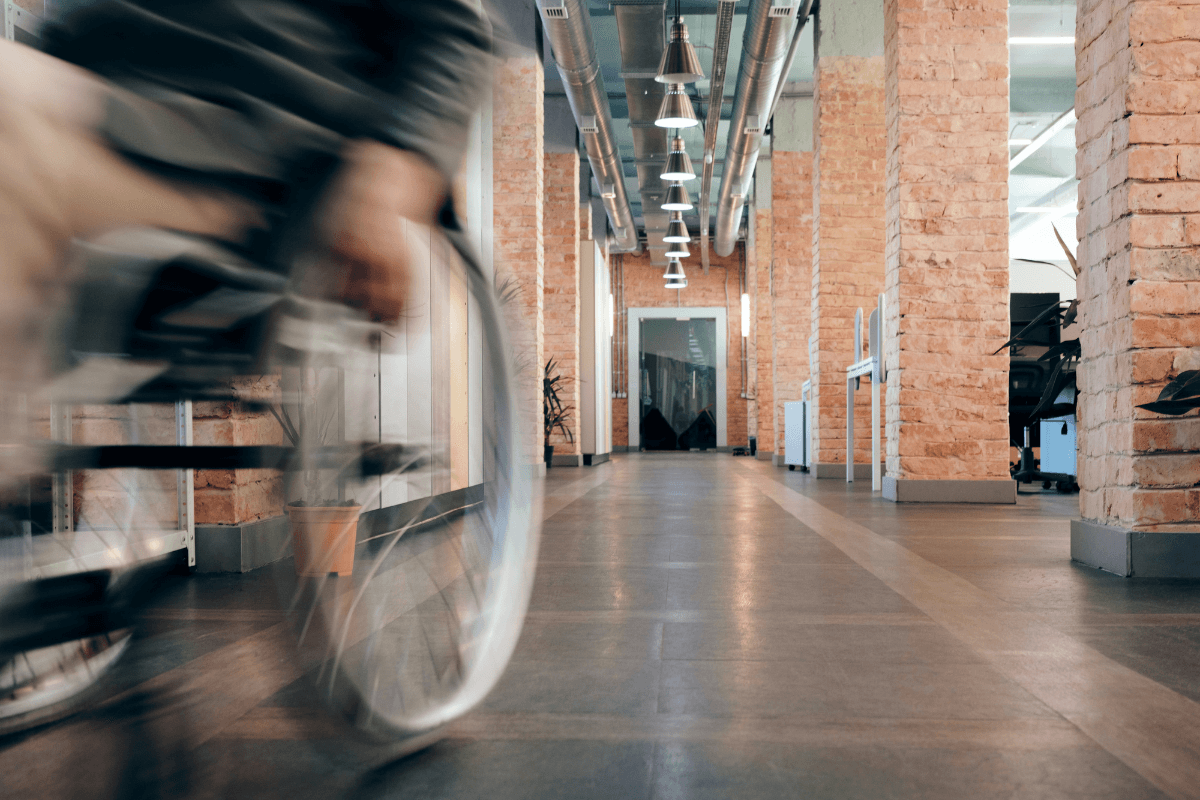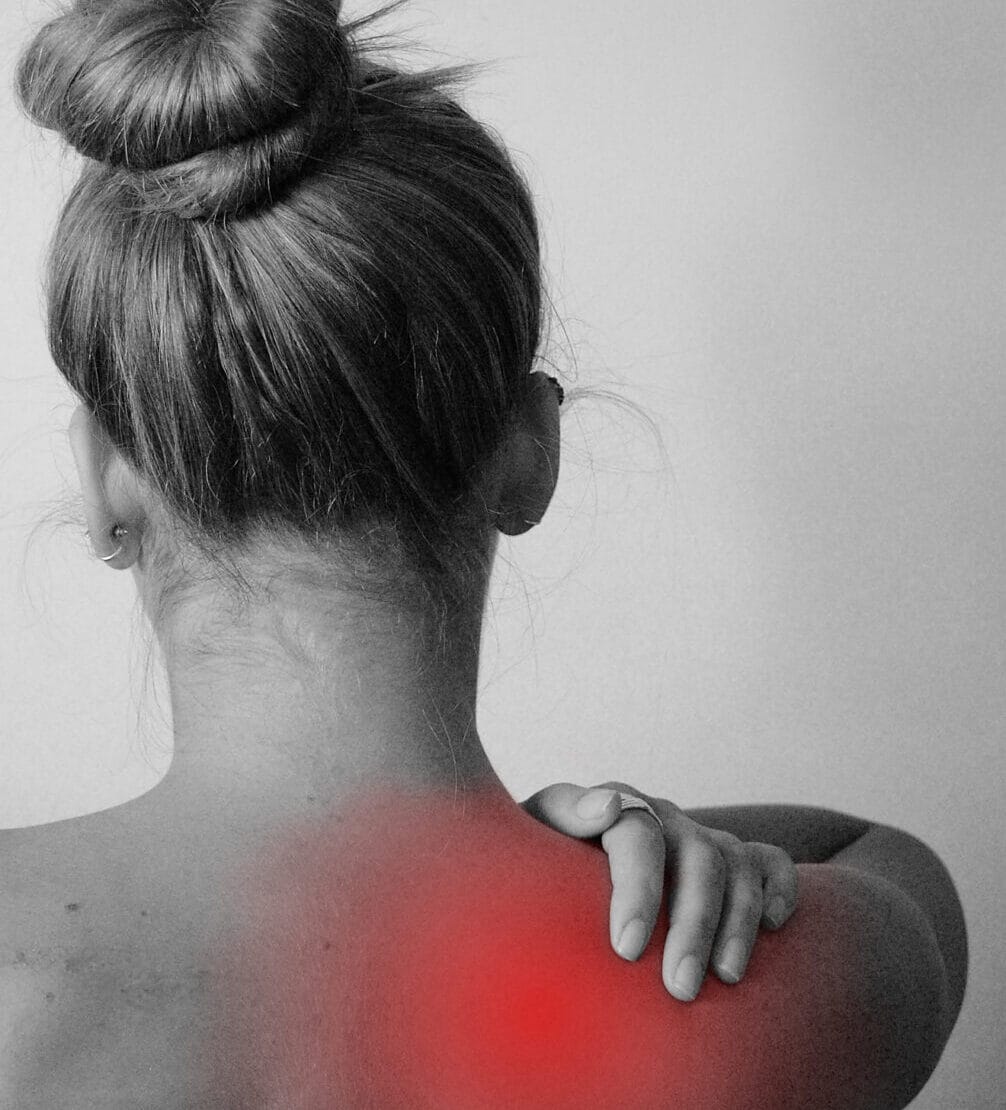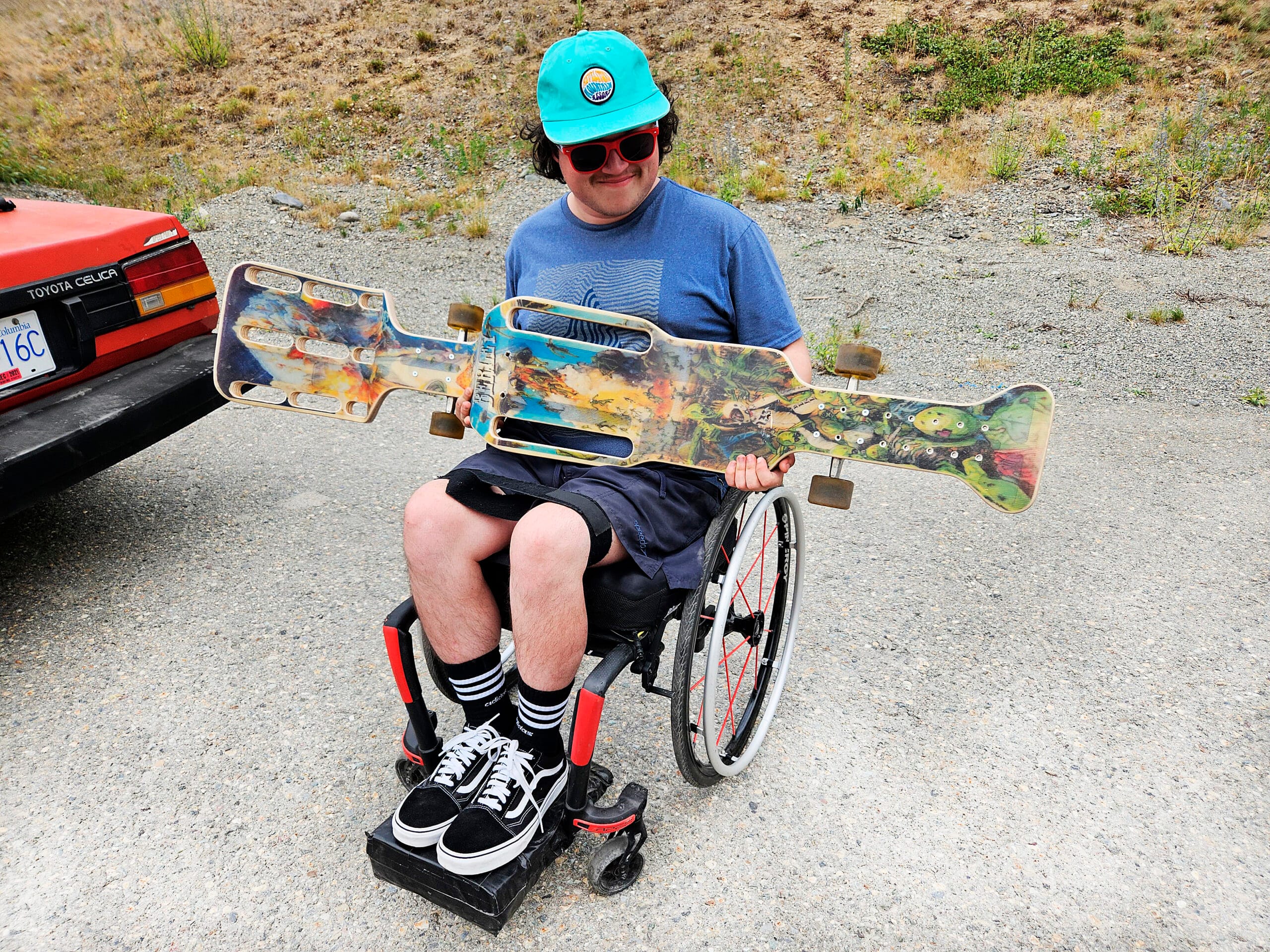
Even though the vast majority of us accept that our climate is changing and that climate change is fueling natural disasters that are becoming more frequent and devastating, just how it all will impact us has seemed pretty abstract. That is, until now. From the devastating forest fires that followed this summer’s unprecedented heat dome, to this fall’s succession of atmospheric rivers and the destructive flooding resulting from them, it’s suddenly very real.
How has our emergency preparedness and responses—as individuals, as communities, and as a province—stacked up against this threat turned into reality, particularly in the context of an ongoing global pandemic? I think it’s fair to say that the results of these tests are mixed. There are many heartwarming stories of communities coming together to support those most affected; clearly, the majority are doing their part, following temporary orders and guidance aimed at getting us through an acutely challenging time. Unfortunately, these stories are tempered by many disheartening accounts of selfish behaviour.
It’s also possible that, as a society, we wouldn’t get high marks when it comes to considering the impact of these climate disasters on people with disabilities. True, nature doesn’t discriminate, but it’s also true that our preparations and responses to these disasters are far from equitable. Yes, there is an onus on all of us to be better prepared as individuals—for example, we can make sure we have plans for what to do in an emergency, and, if possible, have our emergency kits at the ready. But as a society, our governments must have emergency response plans that take into account the challenges faced by people with all forms of disability.
This includes making our infrastructure more accessible. Where do you go when you need accessible temporary shelter? How do you get there? From communication, to transportation, to evacuation centres, people with disabilities need to have accessible ways to evacuate and places to go, and to have clear instructions on what to do and where to go in the event of an emergency.
It’s also important to rapidly implement orders or policies for stores and other services to limit panic buying and to ensure they are not putting restrictions in place that negatively impact people with disabilities. Not everyone has the financial means or storage space to stockpile food and supplies, so ensuring access to food and essential supplies is critical.
As I write this, we remain in the torrents of yet another devastating atmospheric river and under provincial state of emergency due to the widespread damage from flooding. We are still in the grips of a natural disaster event. As we emerge from it and start the recovery process, let’s make sure we do so with access and inclusion clearly in mind. And let’s all be better prepared.
To help you prepare, please check out SCI BC’s blog posts on emergency preparedness—check out these resources:
What’s a Go Bag & Why Have One
Emergency Essentials for People with Disabilities.
You can also search emergency in our SCI Info Database or call our toll-free InfoLine at 1.800.689.2477 for more information.
Take care and stay safe.

Chris McBride, PhD, Executive Director, SCI BC
Other Resources
Government of BC Emergency and Disaster Preparedness
Provincial Resource Guide for People with Disabilities
This article originally appeared in the Winter 2021 issue of The Spin.



